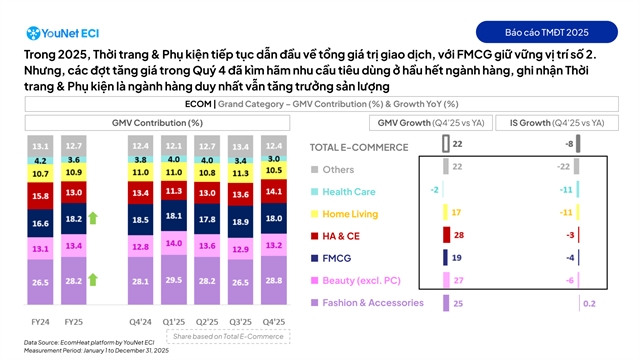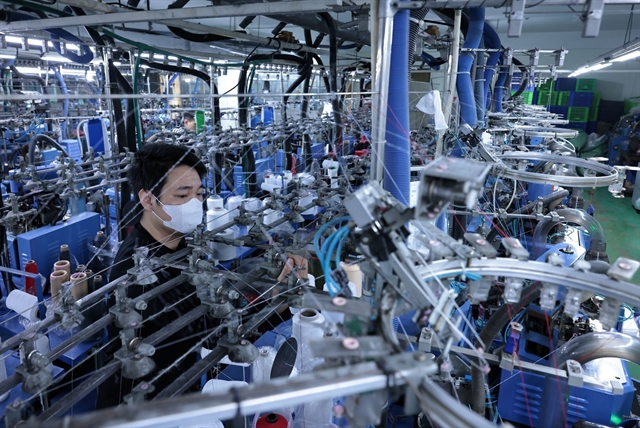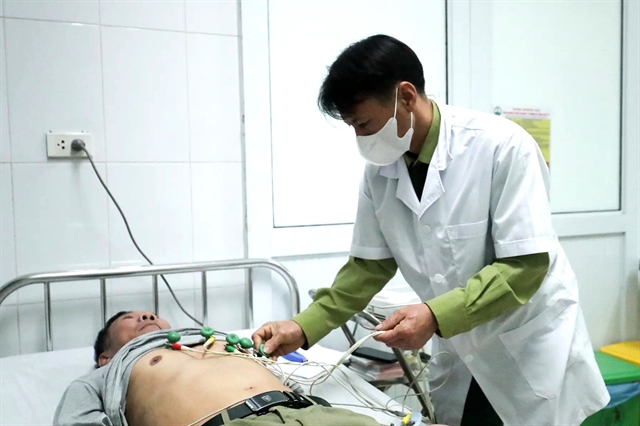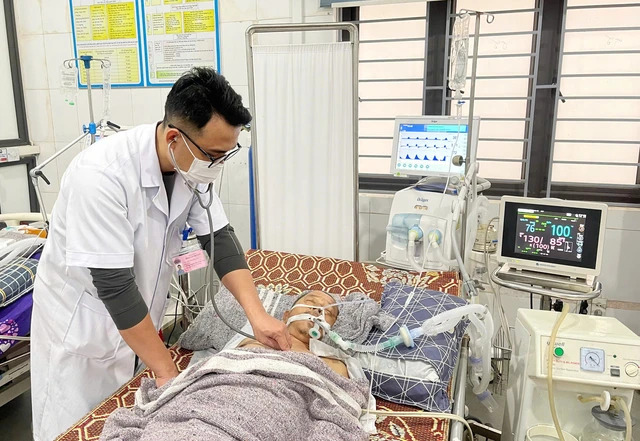 Society
Society

If approved, Bình Thuận dragon fruit will be the second fruit from Việt Nam to receive PGI status in Japan.
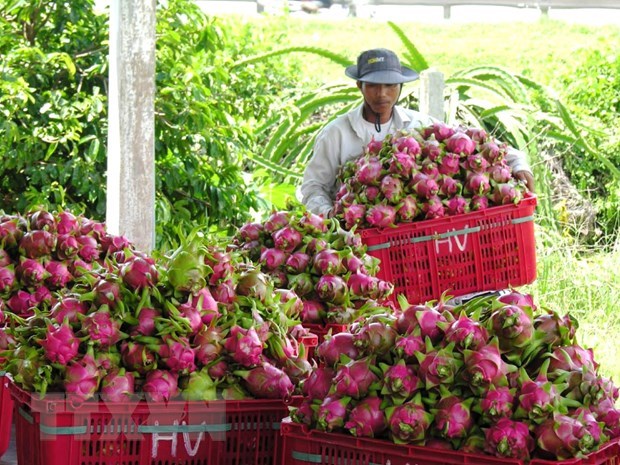
|
| A farmer harvests dragon fruit in the coastal central province of Bình Thuận.— VNA/VNS Photo Nguyễn Thanh |
HÀ NỘI — Dragon fruit, a speciality of Bình Thuận Province, is expected to be awarded the Protected Geographical Indication (PGI) certificate in Japan.
PGI status identifies an agricultural product, raw or processed, of which the quality, reputation or other characteristics are linked to its geographical origin. The PGI applies to agricultural, agro-food and wine products.
The application for PGI status in Japan for Bình Thuận province’s dragon fruit has undergone two appraisals and recently finished receiving third-party comments on September 21.
Japan will soon make an official decision after an expert council meeting held at the end of September, Đinh Hữu Phí, head of the National Office of Intellectual Property under the Ministry of Science and Technology, was quoted as saying by the Khoa học & Phát triển (Science & Development) online magazine.
If the application was approved, Bình Thuận province’s dragon fruit would be the second fruit from Việt Nam to receive PGI status in Japan, he said.
Lục Ngạn lychees became the first in March.
Phí said the approval of a PGI for Bình Thuận's dragon fruit had a great significance for the export of the dragon fruit, both to Japan and wider markets.
Nguyễn Phương Thúy, a lecturer in Oriental Studies at the University of Social Sciences and Humanities, said the PGI in Japan meant that the farm produce was given trademark protection.
Farm produce receiving the PGI often had a higher selling price and were popular amongst local people, she said. This is because consumers know that the farm produce is guaranteed by Japan’s Ministry of Agriculture, Forestry and Fisheries.
“So, they will trust on the quality of the farm produce and be more willing to buy the farm produce,” she said.
Being granted a PGI in a market like Japan would contribute to improving the reputation of Bình Thuận province’s dragon fruit and create favourable conditions for the dragon fruit to enter other foreign markets, she said.
More work to do
Phí said getting the PGI was only the first step.
It is important that we maintain the quality of the dragon fruit to meet the Japanese market's demand, he said.
For example, after Lục Ngạn lychee got the PGI in Japan, the Vietnamese exporter was required to maintain the quality of the lychee.
The Japanese side also required the Vietnamese exporter to send a periodic report on the quality of the lychee, he said.
Therefore, a set of regulations on management and control of the origin of the farm produce is required to ensure the quality of produce, once awarded the PGI, he added.
Data from the National Office of Intellectual Property show that, as of December 31, 2020, Việt Nam has received 101 PGIs for its farm produce, including six in foreign countries.
The number of Vietnamese PGI's has increased rapidly; in 2007 there were only 10; 91 were awarded over the following 14 years.
Bình Thuận Province is one of the provinces that produce the most dragon fruit in Việt Nam.
The province annually harvests nearly 700,000 tonnes of dragon fruit, from 33,482 hectares. The land used in growing dragon fruit has grown by nearly 24 per cent, while dragon fruit yield increased by nearly 35 per cent between 2016 and 2020.
Currently, the consumption of dragon fruit by the domestic market only accounts for about 15 per cent of the total yield; 85 per cent of dragon fruit production is for export.
There are five localities in the province growing dragon fruit that is applied for the PGI in Japan, including Hàm Tân District, Hàm Thuận Nam District, Hàm Thuận Bắc District, Bắc Bình District and Phan Thiết City. — VNS

